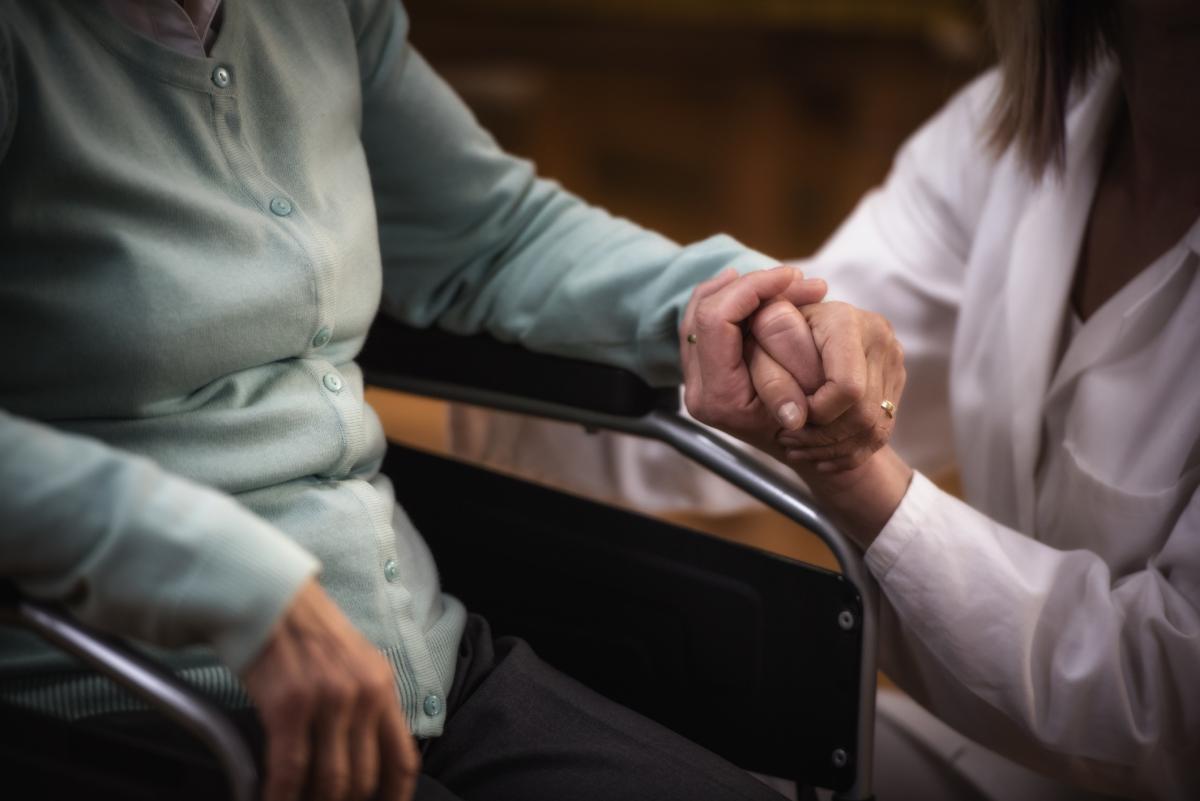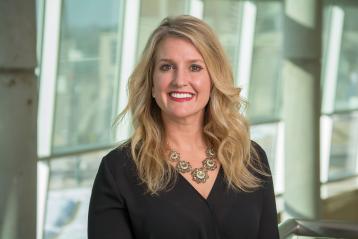The humanity of medicine


I was a third year medical student on a Sunday morning when the reality of what I had chosen as my life career truly hit me square in the gut. At that moment, I realized how intimate the practice of medicine was, and that I would have to bring not only my brain and skills to work every day, but also my heart.
I was on my internal medicine rotation on hospital wards and I was pre-rounding, seeing each patient on my list and gathering their vitals and current medicines. I would examine them at 600 in the morning, prior to joining the team of residents where I would present those patients on rounds with our attending physician. My patient was near the window in a shared hospital room. I had to walk past the patient who was closest to the door, and try not to disturb him or her.
It’s an odd thing to wake up a sleeping sick person. You quickly get used to it in the name of efficiency, but there’s something very wrong about waking the sick. Sadly, it is what we had to do to get to through all the hospitalized patients so we could see other patients in clinic.
The image of what I saw when I opened the door is engrained in my mind to this day. As I quietly walked into the room, a well-dressed elderly man, likely in his seventies, was sitting near the bedside of an older woman in the first bed. She was clearly ill with what appeared to be cancer; she was frail and wearing a headscarf where her hair should be. He had moved the "guest" chair to the side of her bed and was sitting in it reading the newspaper. In his lap sat her feet. He had pulled them off the bed and was rubbing her feet with one hand and reading the newspaper in the other. She was sitting upright, reading another section of the newspaper.
I was overcome with a sudden feeling of grief and sadness, but more so, respect.
I imagined that if I were to know this couple, this is probably what would be happening in their own home on a Sunday morning. I imagined they would be drinking coffee and reading the paper, perhaps before church, and he would be rubbing her tired feet. If I removed the IV pole, the lines pumping medicine into her, and the hospital bed, I could see this couple enjoying a quiet Sunday morning. Suddenly it was I, not them, who felt terribly out of place. It was like I had intruded into their lives, and disease had brought me there.
I realized at that moment that every patient is someone’s loved one. Every patient I would care for in the next 30 years of my career would rather be at home, drinking coffee, reading a book, and spending time with his or her family and friends. They have routines and jobs and people they love; they matter to others and they should matter to me.
Each patient has a story, and his or her illness or injury has suddenly made me a part of it. I choose to look at them as "75 year old male for mitral valve repair" or as "John Smith, who spent his life farming and is here with his wife of 50 years and his three adult sons."
I chose B.
.jpg)
Medicine is complex. It is overwhelming. It is busy. It is a million moving parts. There is the electronic medical record, and all the government strategies and governing bodies dictating standards and checks and balances. Often it feels like a tedious job we trudge through every day. With trainees to teach and studies to read, it is easy to become burned out and emotionally detach. I once received terrible advice from a well-meaning physician. He told me to separate the disease from the person, it was easier that way. It would save me a lifetime of heartache and sadness. He cautioned me to get too attached to people. He said I would burn out.
I didn’t listen.
I always remember the couple I disturbed that morning on the way to see my patient. Since she wasn’t in my care, I have no idea what happened to her or her partner. But I wish I could thank them. His act of love, moving the chair, rubbing her feet, not caring who saw or where he was, has stayed with me for years. His actions made me realize just how human the work is I do, and how it must always stay that way.
We must always remember each patient is someone’s sister, brother, husband, daughter, grandpa. They are vulnerable, and they are loved.
Remembering this has just the opposite affect on me - it helps me stay attached.
If you’ve ever been a patient, please know your doctor truly cares for you. It is why he or she chose the practice of medicine, to help people. It may not always show in the busyness of our day and in our words, but I think I can speak for the majority of us and say we truly care.
If you are in medicine, don’t detach. I know it is so easy to do so. Don’t let the red tape and pressure of productivity steal why we are in this. We must protect our patients from the loss our own compassion. We must be strong and fight to keep humanity in medicine. And we must support physicians who are willing to lead system changes to do so. We also must unplug at times, truly unplug and get away from medicine, to fully recharge so we do not detach.
Being a physician is an honor. I want to be part of the change that keeps the humanity of medicine in the center, as it should be. I hope reading this encourages you to do the same.
This blog was first featured on Brave Enough. To schedule an appointment with a Nebraska Medicine specialist, call 800.922.0000.




